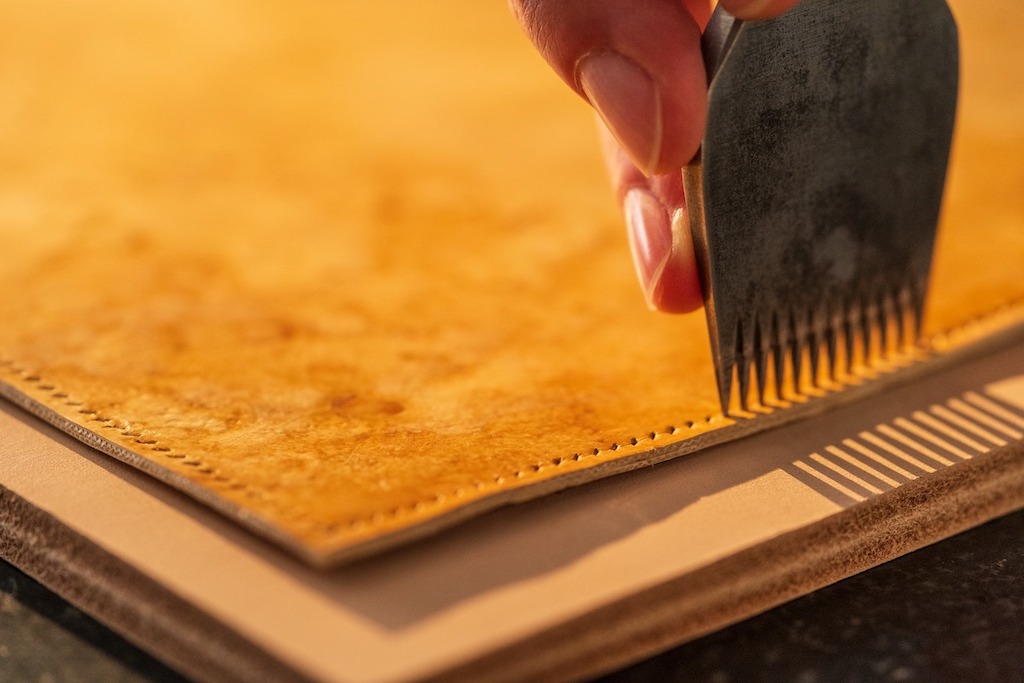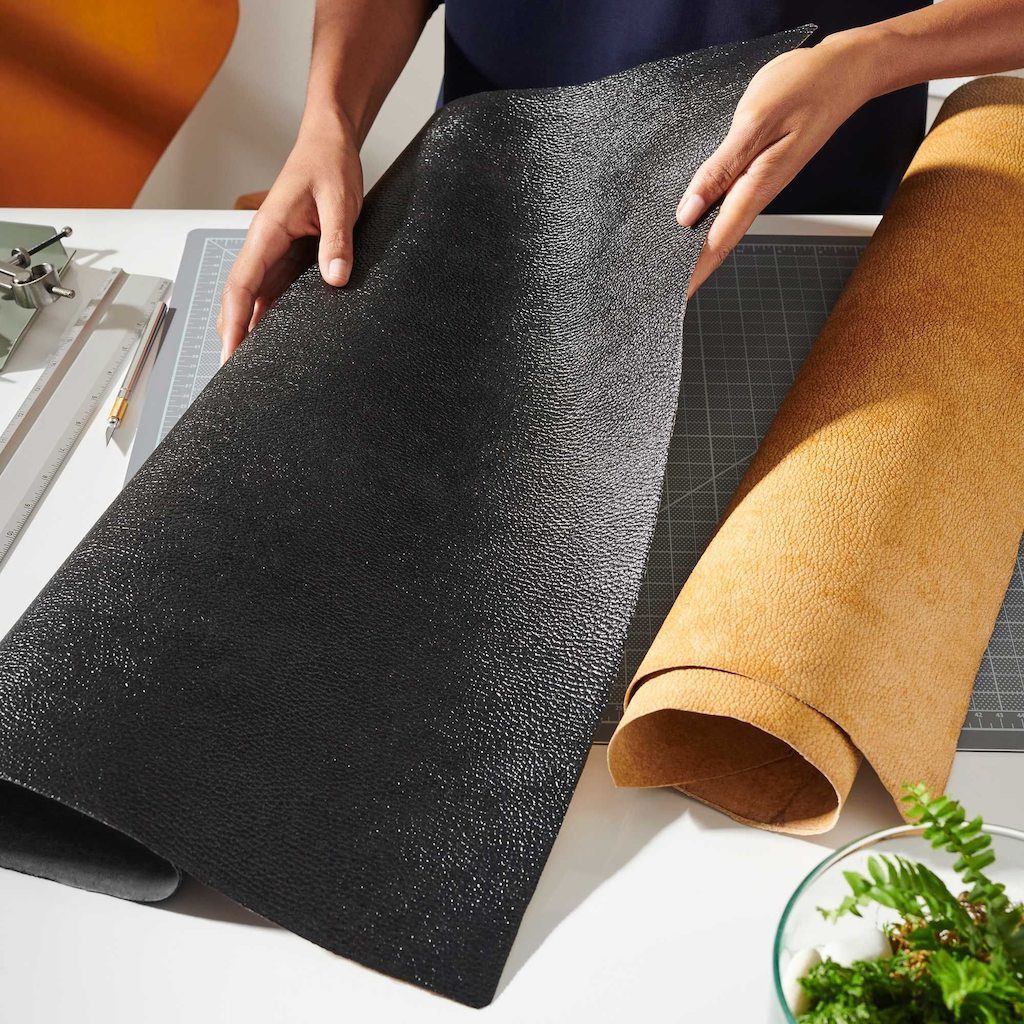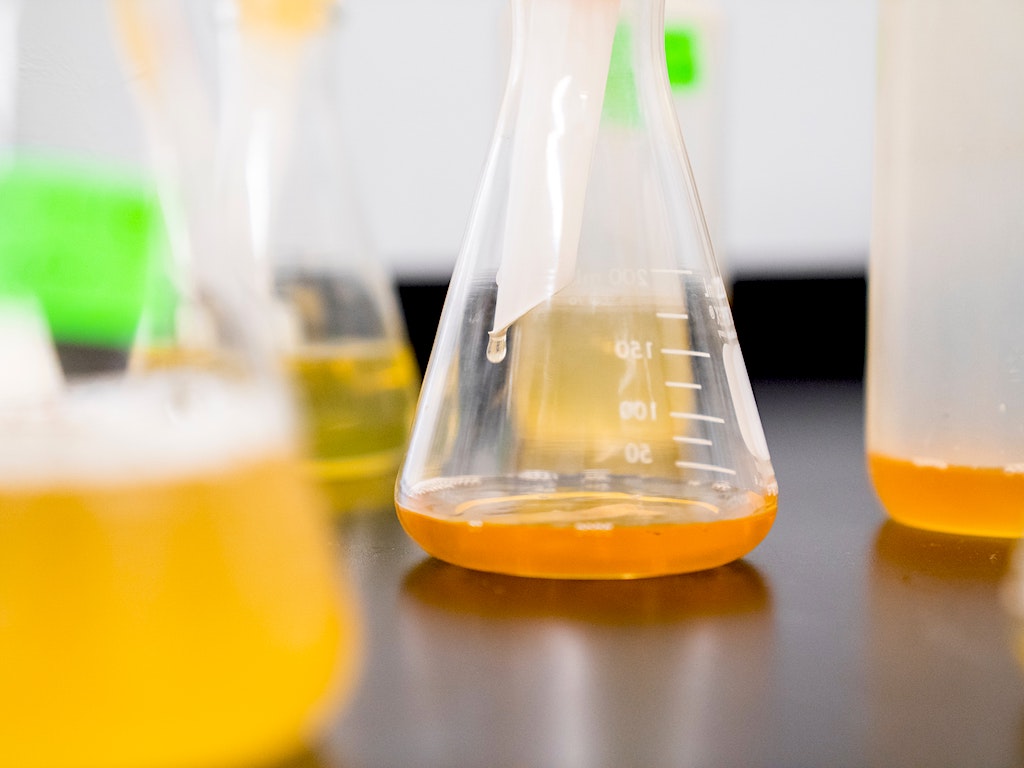4 Mins Read
SynBio, short for synthetic biology, is set to become a powerful sector disrupting the food and fashion industries. In a new report, analysts from Hong Kong-based incubator The Mills Fabrica argue that synbio is already showing its strong potential in alternative proteins and biomaterials.
A recently published report by The Mills Fabrica estimates that the synbio sector will grow 24% per year to 2025. According to the analysis, the sector offers “promising solutions” to major industry challenges in food and fashion. Already, synbio solutions are disrupting both industries, most prominently in alt-protein and in bio-based dyes and materials.
Synthetic biology
Providing an overview of the synbio sector, the report defines synthetic biology as a “new discipline” in biotech that can “precisely design and redesign new and existing biological systems”. Synbio companies create new products with “specific, customised functions” that tackle ethical and environmental obstacles.

At the moment, synbio applications are more widely found within the food industry, says the report, citing cell-based meat as a leading example. This is mainly down to the active investment in the alt-protein space, as well as greater consumer awareness regarding the health and sustainability of foods.
“Environmental issues brought about by climate change [are] driving both the fashion and food industries to search for innovative solutions,” wrote the researchers. “With the help of synbio, industries are starting to adopt new sustainable material alternatives, [such as] bio-synthetics and cell-based meat.”
While noting that many synbio solutions have yet to be commercialised, the report predicts major growth ahead with the sector estimated to record a 24% CAGR until 2025.
Disruptive potential in fashion

In fashion, synbio solutions are innovating everything from bio-based dyes to replace the use of toxic chemicals, to new textile processing technologies that are more water and energy-efficient.
“Biosynthetics, in particular, has shown promising potential and is already used in a wide range of textile products,” wrote the authors, citing startups like MycoWorks, Spiber, Genomatica, Modern Meadow, and Bolt Threads as examples. These startups were also recently featured in an MII report on next-gen materials.
Using synbio, innovators can work to displace the 60% of textiles that are currently made using synthetic fossil fuel-based fibres, such as polyester, nylon, and acrylic. In addition to being emissions-intensive, synthetic textiles are non-biodegradable, further exacerbating the world’s waste crisis. According to the Ellen MacArthur Foundation, one truckload of textiles gets landfilled every single second.

Read: Majority of fashion brands still using synthetic fibres, despite green pledges – report
Synbio could further disrupt the fashion with its toxic-free dyes and agents to reduce the industry’s water footprint. It is estimated that 20% of the world’s water pollution is driven by the dying and treating of materials for apparel.
“Replacing [the] use of hazardous chemicals with bio-synthesized dye [and] finishing agents can effectively reduce water pollution issues,” wrote the authors.
Alt-protein and nature-based ingredients
Within the food industry, synbio is already demonstrating its strong disruptive potential in the field of alternative proteins. The Mills Fabrica report highlights the precision fermentation and cell-based sectors as examples of the use of synbio tech to drive novel sustainable meat and dairy alternatives.

Companies spotlighted in the report include precision fermentation whey protein makers Perfect Day, animal-free collagen startup Geltor, and Upside Foods, the cell-based meat firm that rebranded from Memphis Meats.
But the authors predict that the next frontier of synbio food innovation lies in solutions that can minimise the use of GMOs, create “clean label” ingredient lists, and nature-based dyes, additives, and healthier sugars.
“With the increase in consumer awareness of health issues, there is a rising demand towards novel nature-based food additives and ingredients,” said the report. “Synbio companies are actively exploring new options to develop better ingredients.”
Lead image courtesy of Unsplash.




